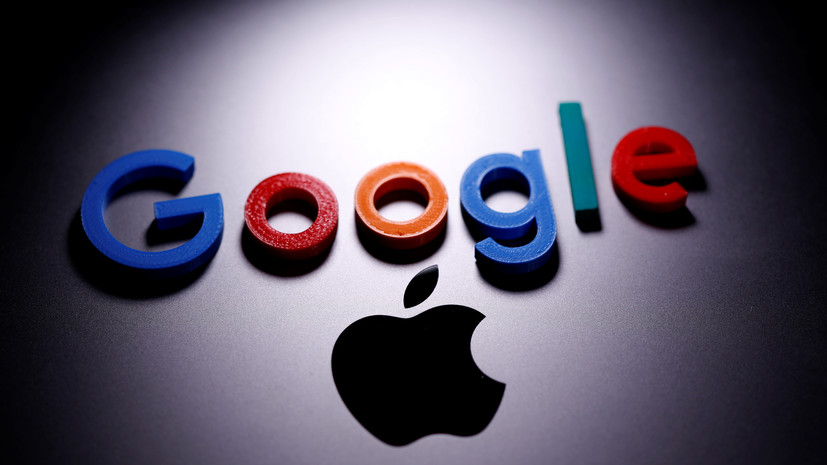So, Dzhambazki recalled that Google and Apple have removed the conservative social network Parler from their platforms - Play Store and App Store.
In turn, Amazon stopped providing cloud hosting services to social networks.
The corresponding decisions were taken by the management of corporations after the capture of the capitol in Washington on January 6.
Then Parler, which, according to many media outlets, was widely popular among supporters of ex-US President Donald Trump, was accused, among other things, of lack of moderation and the spread of "threats to public safety."
“All three companies said that the application did not meet content moderation standards, but in fact we all saw the use of double standards and violation of freedoms.
The tech giants have worked together to limit freedom of expression on the Internet and eliminate competition on social media, ”Jambazki said.
In addition, the MEP recalled similar actions by Twitter and Facebook.
According to him, companies that represent "one of the main channels of political marketing" have done "everything possible to sabotage Trump's presidential campaign" - for example, by deciding to block the politician's accounts.
Against this background, Dzhambazki turned to the EC with questions about what is the opinion of the commission regarding the decisions of the aforementioned technology giants, and how the commission plans to protect the right of citizens to freedom of speech.
In turn, Vandendris, also commenting on the situation around the social network Parler, said about the infringement of market freedom by Google, Apple and Amazon.
“This is a textbook example of the“ doctrine of fixed assets ”, according to which a company with a monopoly refuses to provide services,” the deputy said.
At the same time, he added that these monopoly companies "hide behind user agreements", fully control access to the market, and "do not hesitate to impose their own political attitudes and views on their clients."
In this regard, Vandendrisse asked the EC when the Commission intends to update EU legislation to cover such examples of monopoly abuse.
In addition, the parliamentarian asked whether the European Commission plans to influence the aforementioned companies so that they bring user agreements "in line with international human rights standards", and whether the EC intends to impose appropriate sanctions "for such misconduct."
Earlier, MEP from the Netherlands, Robert Ros, expressed concern over the fact that Facebook, Twitter and Google, by implementing regulation on their platforms, threaten freedom of speech.

